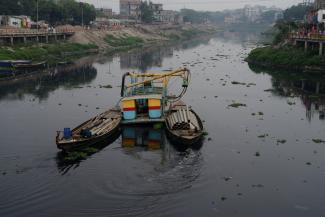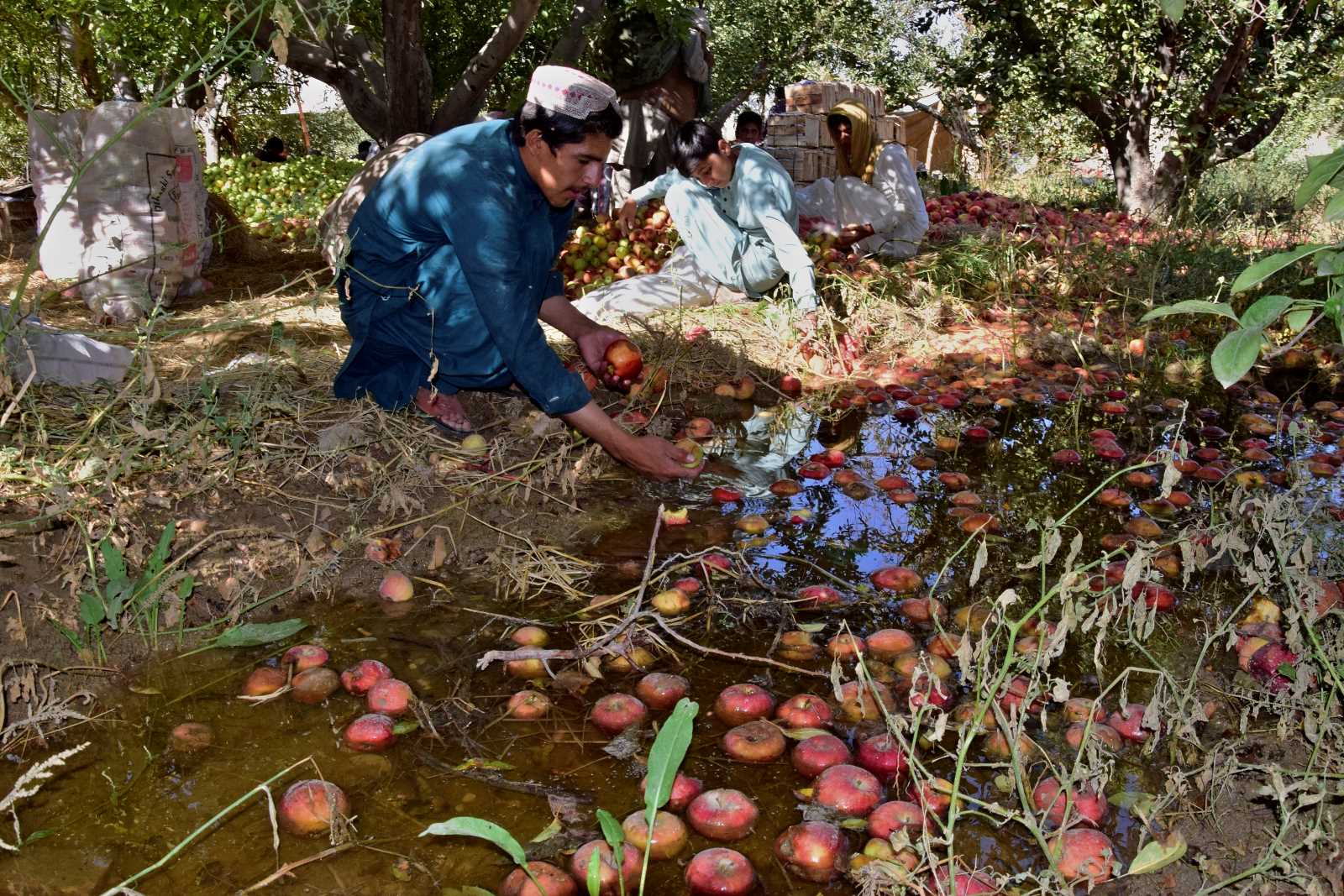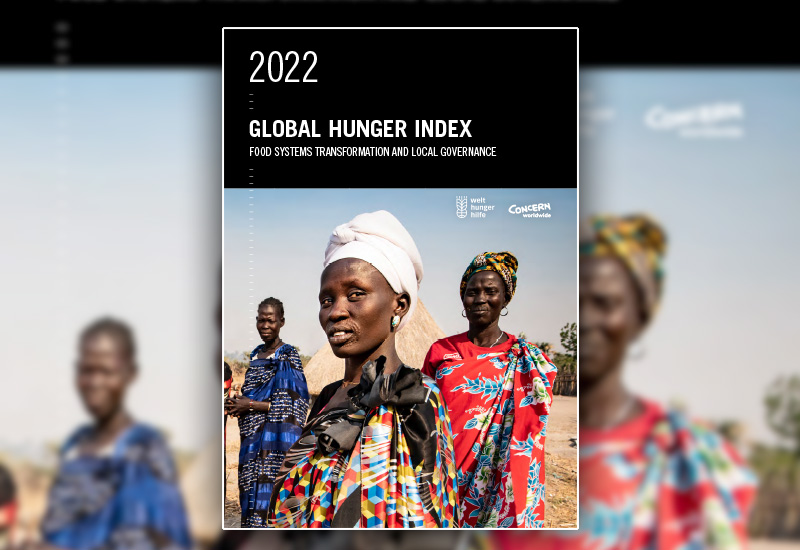Environmental protection
Nice try

It all began in 2016 with a newspaper article about the sad state of the river Turag on the outskirts of the Dhaka agglomeration. The reasons were pollution, land grabbing and sand extraction. Next, a non-governmental organisation lodged a lawsuit as often happens in South Asia (see my contribution co-authored with Arpeeta S. Mizan in Focus section of D+C/E+Z e-Paper 2017/11).
Bangladesh is located in the Delta of the Ganges and Brahmaputra rivers. It is marked by water bodies and wetlands. The country is densely populated, and the global climate crisis is compounding problems of water scarcity, but also flooding.
The activists told the Supreme Court of Bangladesh that the river degradation was putting people’s lives at risk.
Legal cases do not move fast. In 2016, the judges ordered that illegal establishments on the riverbanks had to be evicted. In 2017, a court-appointed officer reported that there were at least 30 such establishments. In previous cases, judges had ruled that rivers are of vital environmental relevance. Accordingly, they had declared it illegal to cause damage to them. However, some businesses responded by arguing that their operations were underpinned by their fundamental rights and thus legal.
In response to such claims, the High Court Division decided to endow rivers with legal personhood in regard to environmental affairs in early 2019. The judges stated they had to do so to save the Turag. They thus made Bangladesh the first country to give legal rights to all its rivers. This is an interesting and innovative approach.
The idea to award legal rights to forests, oceans and other natural objects was first spelled out in the 1970s. For three decades, it remained pure theory. In the new millennium, however, related laws were passed by Ecuador, Bolivia, New Zealand and some states in the USA.
In India in 2017, a High Court accorded two rivers, the Ganges and the Yamuna, the status of legal persons. That ruling, however, did not take force. The reason was that a state government asked what would happen if someone sued a river for compensation after flooding. Quite obviously, a river cannot pay.
In theory, the same question could arise in Bangladesh too. Other issues remain unresolved as well. A river may be given rights, but it cannot go to court after suffering harm. Yes, rivers must have the right to exist, flow and not be polluted – but human beings must do the work.
The judgment is 283 pages long. Many consider it historic, and an appeal against the decision has failed. The main problem is that the judgment does not answer many practical questions. Bangladeshis may feel good about the judges having quoted the popular proverb of water being “the other name of life” or praising rivers’ “contribution” in the liberation war of 1971. Such phrases help to raise valuable public awareness, but they have no immediate consequences in daily life.
For good reason, the court ruling ordered the government to turn the existing river-protection agency into an independent and efficient body. That step makes sense. It is equally important to ensure that government agencies act in accountable ways. Allowing non-governmental organisations to sue officeholders who fall short of their duties is useful in that context. None of this, however, requires rivers to be considered persons.
The ruling won praise from many commentators, but it did not set an international precedent. Indeed, the effective approach to nature protection is to expand the scope of the state’s respective statutory and constitutional duties. The Supreme Court took steps in that direction but could have done more. Considering rivers as persons is beautiful, but ultimately just symbolism. The sad truth is that many water bodies in Bangladesh, including the Turag, are still in a rather depressing state.
Ridwanul Hoque is a law professor at the University of Dhaka and is currently a university fellow at Charles Darwin University, Australia.
ridwandulaw@gmail.com
Correction, 25.11.2020, 10:00 am Frankfurt time. The year of Bangladesh's liberation war was indicated wrongly as 1991 instead of 1971 in the original post. The mistake was made by the editorial team, and the author has now made us aware of it. The manuscript above is now accurate.















